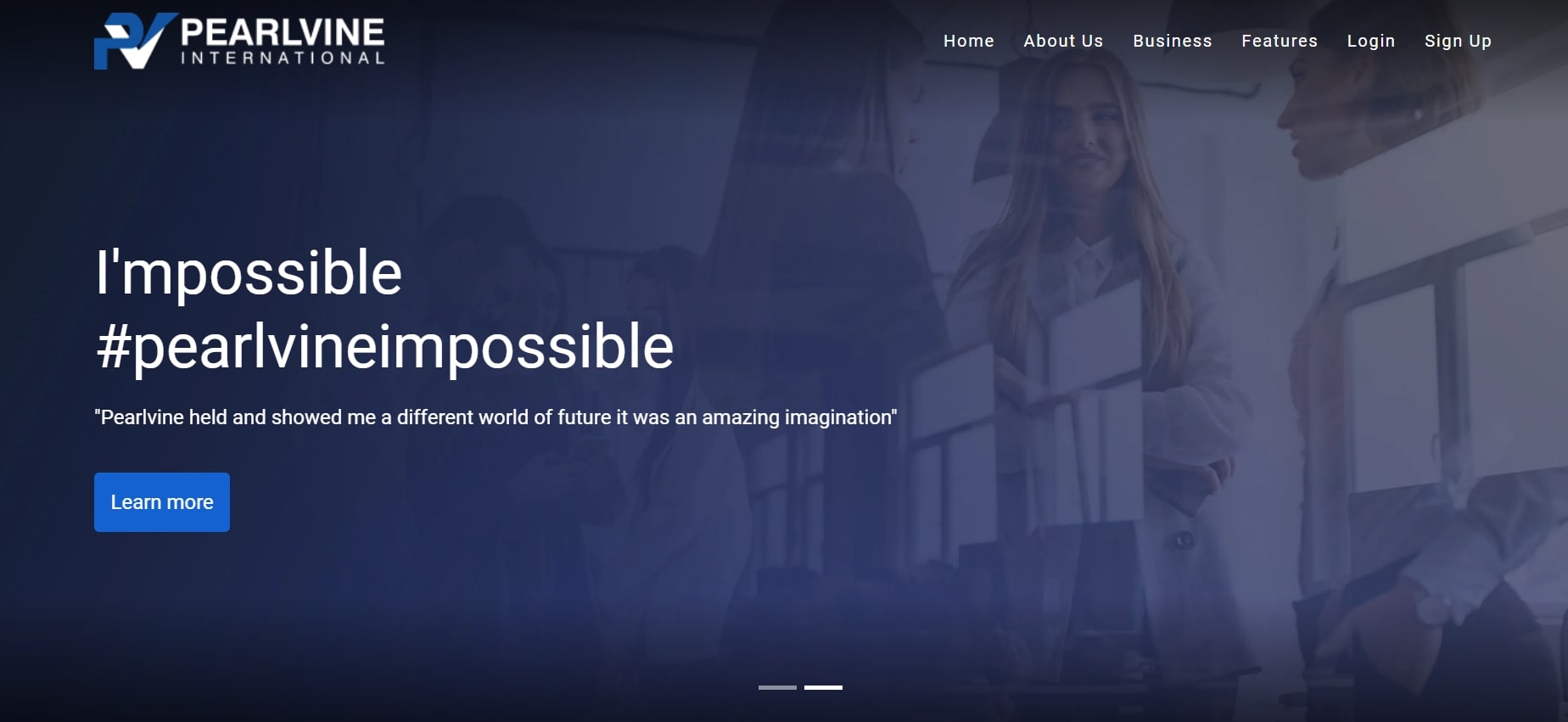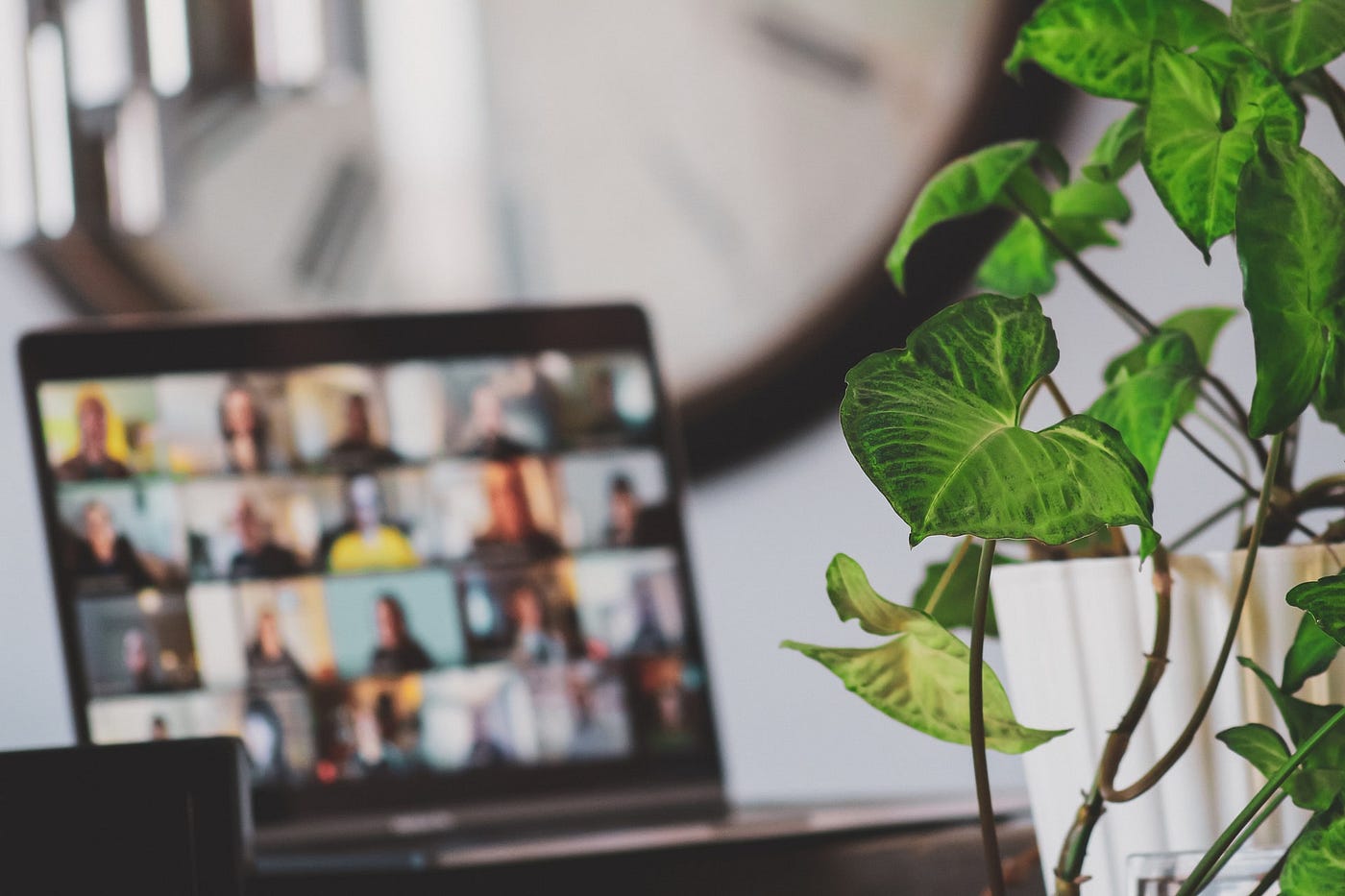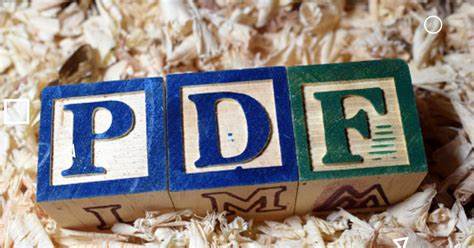In an age dominated by digital technology and social media, maintaining one’s privacy has become a paramount concern. Recent events, such as the unfortunate breach of privacy experienced by the University of Wisconsin women’s volleyball players, serve as a stark reminder of the importance of safeguarding personal information and digital content. In this article, we delve deeper into the incident, discuss ways to protect your privacy online, and answer some frequently asked questions about digital security.
The Wisconsin Volleyball Privacy Breach: A Recap
The incident involving the University of Wisconsin women’s volleyball players saw private images and videos being shared online without their consent. This breach of privacy, which occurred shortly after the team clinched the Big Ten title, raised concerns about the security of personal information in the digital age. The university’s athletic department initiated an investigation to determine how these sensitive materials found their way onto the internet.
Protecting Your Privacy Online: Tips and Strategies
Strengthen Your Digital Defenses: Strengthening your digital defenses should be a priority. Ensure that your devices have up-to-date security software, and use strong, unique passwords for your online accounts. Consider using a password manager to help you keep track of complex passwords.
Enable Two-Factor Authentication (2FA): 2FA adds an extra layer of security to your accounts by requiring a second form of verification, such as a text message or authentication app. Enabling 2FA can significantly reduce the risk of unauthorized access to your accounts.
Review Privacy Settings: Take the time to review the privacy settings on your social media accounts and other online platforms. Adjust these settings to limit the amount of personal information that is accessible to the public.
Beware of Phishing Scams: Be cautious of phishing emails and messages that attempt to trick you into revealing personal information. Always verify the sender’s legitimacy and avoid clicking on suspicious links or downloading attachments from unknown sources.
Secure Your Wi-Fi Network: Ensure that your home Wi-Fi network is secured with a strong password. This prevents unauthorized users from accessing your network and potentially compromising your devices.
FAQs About Digital Privacy
Q1: What should I do if my private images or information have been leaked online?
If your private images or information have been leaked online, take the following steps:
Contact the website or platform hosting the content and request its removal.
Document any evidence of the breach, including screenshots and URLs.
Report the incident to law enforcement, especially if it involves sensitive or explicit content.
Consider consulting with a legal professional to explore potential legal actions against the perpetrators.
Q2: How can I ensure my online communications are secure?
To secure your online communications:
Use end-to-end encrypted messaging apps like Signal or WhatsApp.
Avoid sharing sensitive information through email unless it’s encrypted.
Be cautious when sharing personal details, even with trusted contacts.
Q3: What are the legal consequences of sharing someone’s private images without consent?
Sharing someone’s private images without their consent can lead to various legal consequences, including criminal charges such as invasion of privacy, harassment, and revenge pornography. Penalties may include fines, imprisonment, and civil lawsuits.
In conclusion, the breach of privacy experienced by the University of Wisconsin women’s volleyball players serves as a stark reminder of the need to protect personal information in the digital age. By following best practices for online security and being vigilant, individuals can reduce the risk of falling victim to privacy breaches and cybercrimes. Your digital privacy is worth safeguarding, just as much as your physical privacy.










